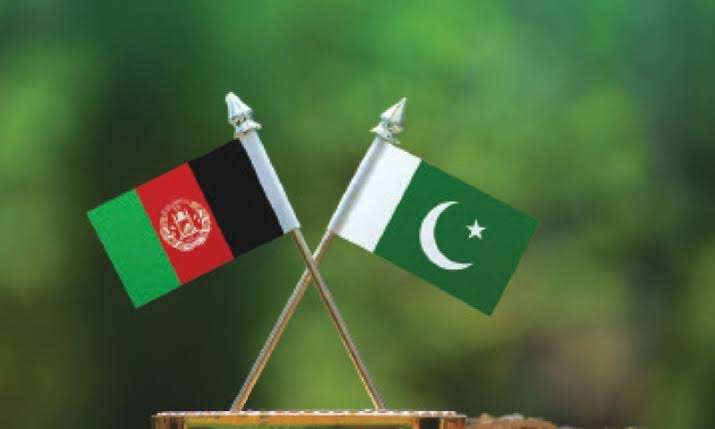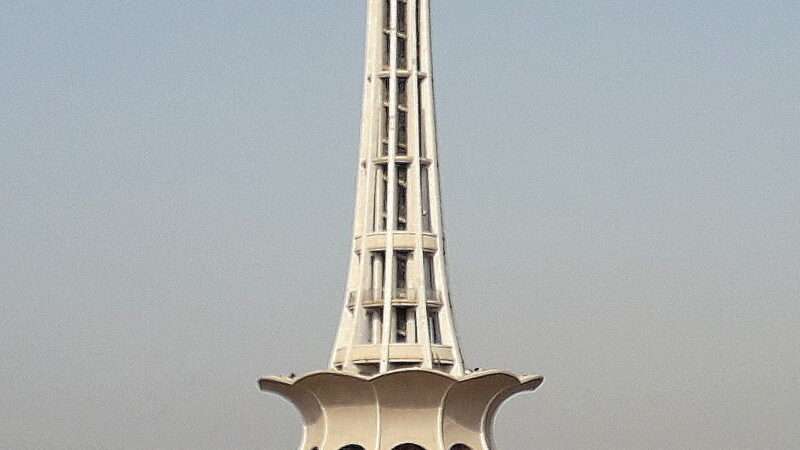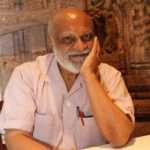KARACHI: Pakistan has been in a constant decline and ‘we are still struggling to become a nation’.
Those who are highly educated are going abroad while the less-privileged are joining separatist and extremist groups. The solution to all these issues is a reconsideration of the political, social and economic systems in the country.
These views were expressed by speakers at a discussion about senior journalist and writer Mahmood Sham’s autobiography, Sham Bakhair, which was held at the Arts Council’s Haseena Moin Hall on Thursday.
The event was presided over by Dr Amjad Saqib, who is the founder and of Akhuwat Foundation.
Speaking on the occasion, Dr Saqib praised Mr Sham’s work and his creative energies. He said the book contained deep social, political and economic insights. Along with that, it also contained truth and simplicity so the people, especially the youth, could easily read it, he said.
Speakers discuss journalist Mahmood Sham’s autobiography
He said he felt that the primary question in the book was why the people of Pakistan could not become a nation, why the country lost the right path and why it had been in a decline.
Dr Saqib said he believed that the answer and solution to this was a ‘re-engineering’ of the social, political, economic spheres of the country to unite Pakistanis and make them aware of their own intellectual heritage and knowledge which had been lost after the enslavement of their thought by the ‘intellectual colonisation’ by the west.
Mr Sham spoke about the current political happenings in the country and reflected on the martial laws it had faced. Commenting on the issues, he said the highly educated in the country were moving abroad and those who were less educated were joining separatist and extremist groups.
However, he said the people had understood the real problem in the country and they had come together on the Feb 8 elections to show their decision.
Scholar and academic Dr Syed Jaffer Ahmed said a great writer and journalist could not only see the issues of his present time but also get hints about the future. “The autobiographies of such people are reflective of not just their lives but also of their age and Mr Sham’s book is an addition to such books,” Mr Ahmed said, adding that Mr Sham had written very important and eye opening historical facts in the book and, therefore, students should read that book.
President Arts Council Muhammad Ahmed Shah said that Mr Sham’s autobiography, apart from being ‘Sham Namah’ was also ‘Pakistan Namah’ as it reflected the issues of the country.
Syed Sarmad Ali, managing director Jang Media Group, spoke about his relationship with Mr Sham. He said his personal relation with Mr Sham was more than the professional relation.
Twelve-year-old Uroosh Fatima read out passages from the book. Aftab Memon, former chairman export processing zone, praised the vastness of the book and the manner in which the author had woven all the events.
Mehnaz Hasan Zaidi, former director general information department Sindh, spoke about how she, as censor officer in the information department, had to censor newspapers and other publications during dictatorship.
Speakers from India shared their views through video messages. Taran Vijay, chairman Monuments Authority, Ministry of Culture, India, congratulated Mr Sham and praised his works. Indian scholar and poetess Dr Amber Abid said the book was an important historical document whereas Professor Akhtarul Wasey, an Indian educator, hoped that Mr Sham’s book will spread love and bring people closer to each other.
Published in Dawn, March 1st, 2024
- ہلال عید کی جھلک.. کئی سبق - April 3, 2025
- ’’اکثریت مسلم ملکوں میں ہی بے نوا کیوں‘‘ - March 30, 2025
- افغانستان پالیسی پر عوام کو اعتماد میں لیں - March 27, 2025









